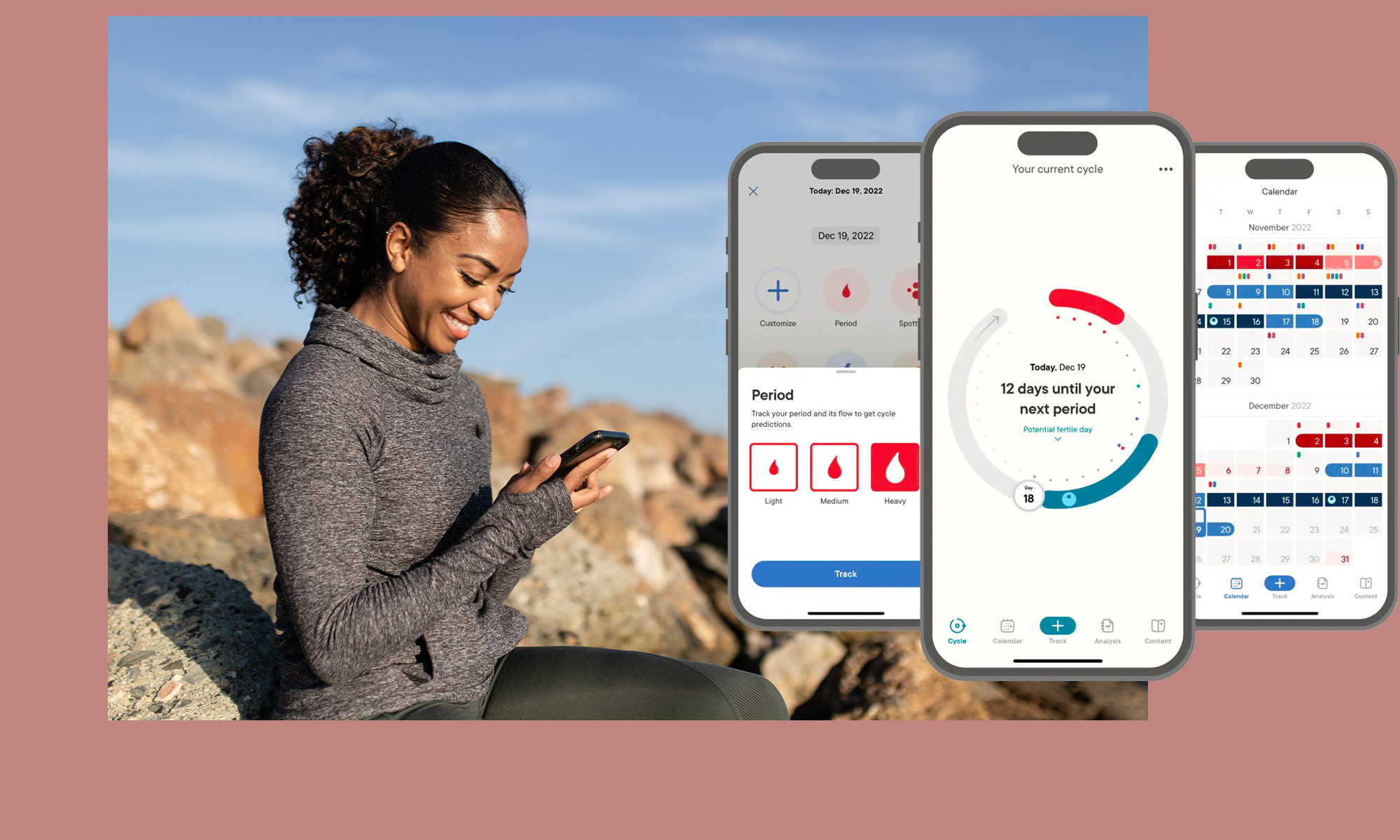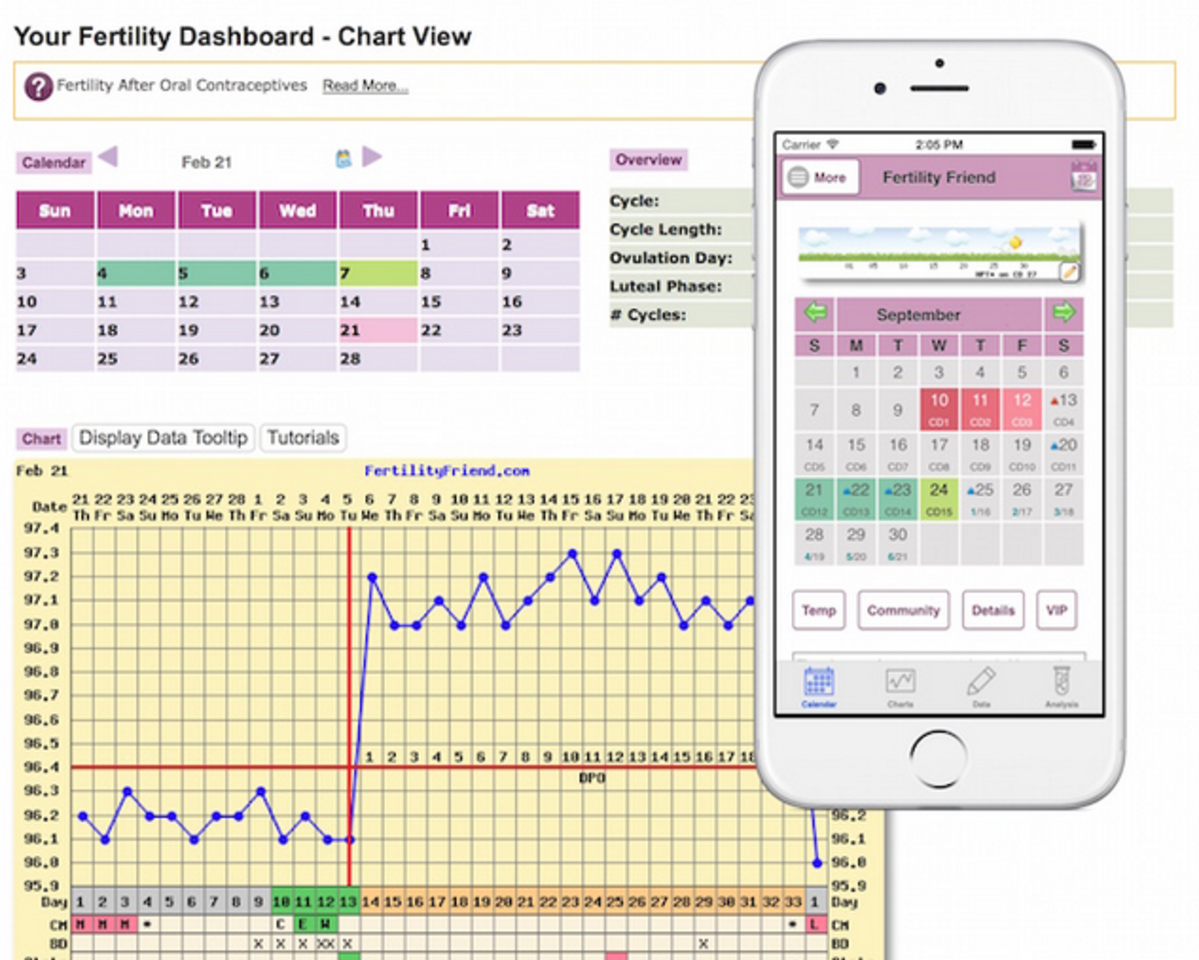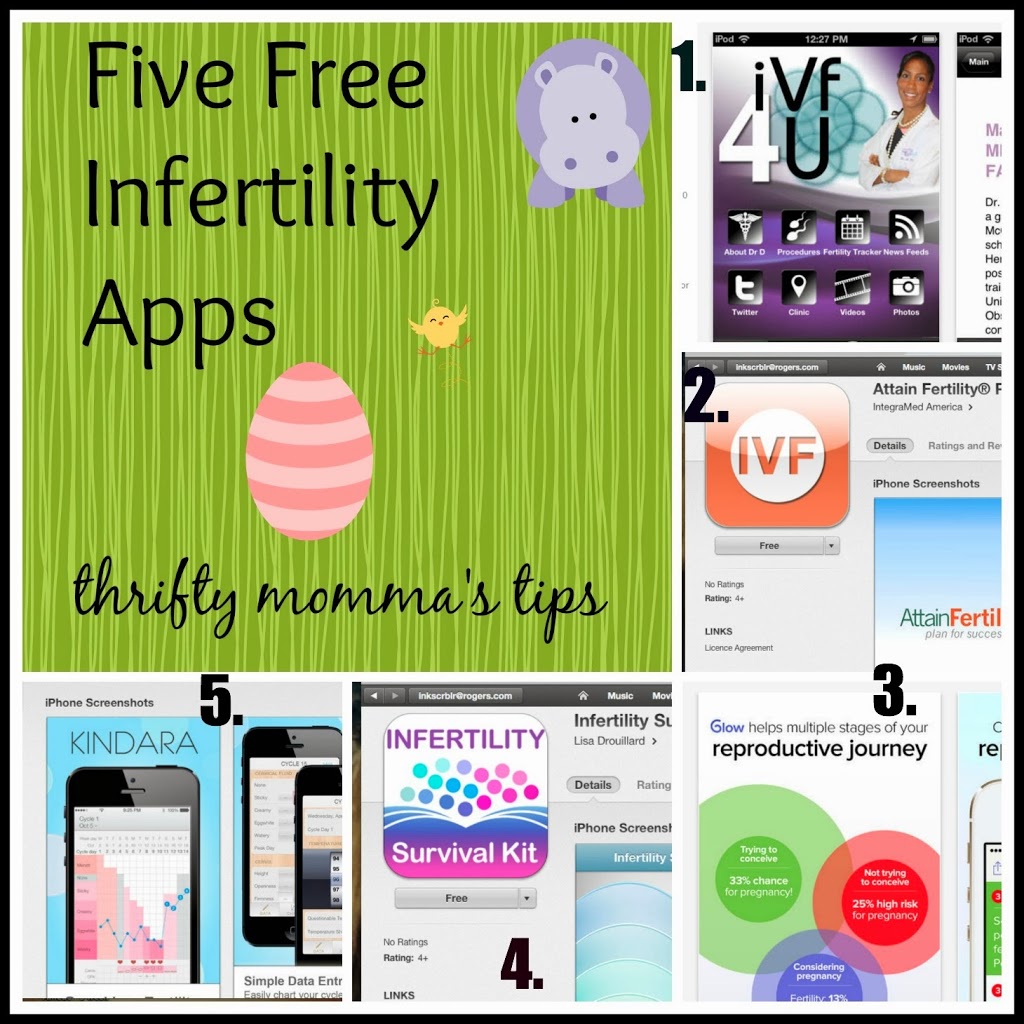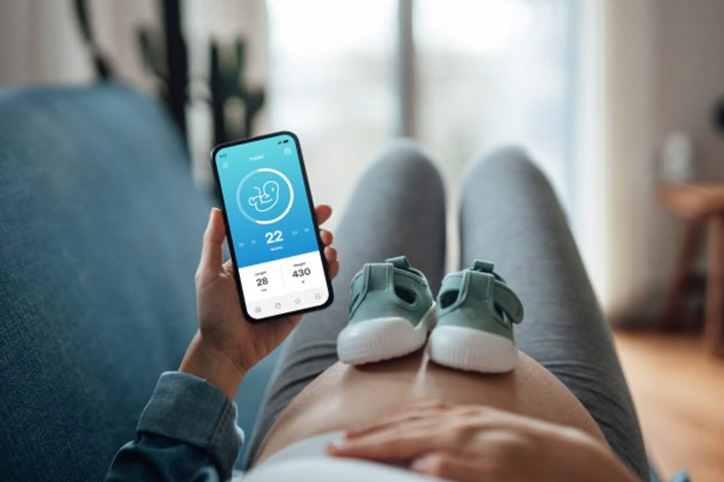Fertility apps are revolutionizing the way individuals approach their reproductive health, providing valuable insights and support throughout their fertility journey. These innovative tools offer a range of features tailored to meet the diverse needs of users, from tracking menstrual cycles to predicting ovulation and providing personalized guidance.
With the growing popularity of fertility apps, it’s essential to understand their benefits, challenges, and potential impact on our health. This comprehensive guide will delve into the world of fertility apps, exploring their functionality, types, advantages, and considerations for responsible use.
Fertility Apps
Fertility apps are digital tools designed to assist individuals in tracking their menstrual cycles, predicting ovulation, and enhancing their chances of conception. These apps leverage advanced algorithms and data analysis to provide personalized insights into a user’s fertility status.
The popularity of fertility apps has surged in recent years, with an estimated 25 million active users worldwide. This widespread adoption is primarily driven by the increasing desire for reproductive autonomy, coupled with the ease of access and convenience offered by these apps.
Demographics of Users
The demographics of fertility app users are diverse, encompassing individuals from all walks of life. However, certain groups are more likely to utilize these apps, including:
- Women trying to conceive
- Couples undergoing fertility treatments
- Individuals with irregular menstrual cycles
- Those seeking to avoid pregnancy
Types of Fertility Apps

Fertility apps encompass a wide range of tools designed to support individuals on their fertility journeys. These apps can be categorized based on their specific features and target audience, offering varying levels of functionality and guidance.
Menstrual Cycle Tracking Apps
Menstrual cycle tracking apps are designed to help users monitor their menstrual cycles, identify patterns, and predict ovulation. These apps typically allow users to log their periods, symptoms, and other relevant data. They use algorithms to analyze this data and provide insights into the user’s cycle length, ovulation window, and fertile days.
Advantages:
- Easy to use and accessible.
- Can help users become more aware of their menstrual cycles.
- May assist in identifying potential fertility issues.
Limitations:
- May not be accurate for women with irregular cycles.
- Do not provide personalized fertility guidance.
Ovulation Prediction Apps, Fertility apps
Ovulation prediction apps are designed to help users predict their ovulation window based on their menstrual cycle data. These apps use advanced algorithms to analyze cycle patterns and identify the most likely days of ovulation. They may also provide additional features such as fertility calendars and reminders to help users plan for conception.
Advantages:
- Can help users increase their chances of conceiving.
- Provide more accurate ovulation predictions than menstrual cycle tracking apps.
- May include additional features to support fertility.
Limitations:
- May not be accurate for women with irregular cycles.
- Do not provide personalized fertility guidance.
Personalized Fertility Guidance Apps
Personalized fertility guidance apps go beyond cycle tracking and ovulation prediction by providing tailored advice and support to users based on their individual needs. These apps typically collect a wide range of data from users, including their medical history, lifestyle factors, and fertility goals.
They use this data to generate personalized fertility plans and provide guidance on topics such as nutrition, exercise, and stress management.
Advantages:
- Provide comprehensive fertility support.
- Tailored to the user’s individual needs.
- May improve fertility outcomes.
Limitations:
- May be more expensive than other types of fertility apps.
- Require a significant amount of user input.
Benefits of Using Fertility Apps

Fertility apps have emerged as powerful tools that empower individuals to take control of their reproductive health. These apps provide a comprehensive suite of features that help users understand their fertility cycles, optimize timing for conception, and manage irregular cycles.
Empowering Individuals
Fertility apps give users the knowledge and tools to make informed decisions about their reproductive health. They provide personalized insights into fertility cycles, allowing users to track their menstrual periods, ovulation, and fertile window. This information empowers individuals to plan for pregnancy, avoid unwanted pregnancies, and manage fertility challenges.
Optimizing Conception Timing
Fertility apps play a crucial role in helping users optimize timing for conception. By accurately predicting the fertile window, apps help couples increase their chances of conceiving. Some apps also provide ovulation prediction tests that can be used to confirm ovulation and further enhance the accuracy of timing.
Managing Irregular Cycles
Fertility apps can be particularly beneficial for individuals with irregular cycles. These apps can help users identify patterns in their cycles, even when they are unpredictable. By tracking symptoms, mood changes, and other factors, apps can help users understand their unique fertility patterns and adjust their plans accordingly.
Testimonials
“Fertility apps have given me the confidence to take control of my reproductive health. I now have a better understanding of my cycle and can plan for pregnancy with more certainty.”
Sarah, 35
“I was struggling with irregular cycles, but my fertility app helped me identify patterns and predict my ovulation. I am now pregnant with my first child.”
Emily, 32
Challenges and Considerations
Fertility apps can be valuable tools, but it’s essential to be aware of potential challenges and considerations.
One key concern is data privacy. Fertility apps collect sensitive information about your menstrual cycle, fertility window, and sexual activity. It’s important to ensure that the app you choose has robust privacy measures in place to protect your data.
Another challenge is accuracy limitations. Fertility apps rely on algorithms to predict your fertile window, but these algorithms are not always 100% accurate. This can lead to false positives or false negatives, which can be frustrating or misleading.
Finally, it’s important to be aware of the emotional impact of using fertility apps. Trying to conceive can be an emotionally challenging experience, and fertility apps can sometimes add to the stress. It’s important to use these apps in a way that supports your emotional well-being.
Guidelines for Responsible Use
To ensure you are using fertility apps responsibly, follow these guidelines:
- Choose an app with strong privacy measures.
- Understand the limitations of the app’s algorithms.
- Use the app in conjunction with medical advice.
- Be aware of the emotional impact of using the app.
Ethical Considerations
The use of fertility apps also raises ethical considerations, including:
- Data ownership: Who owns the data collected by fertility apps?
- Potential biases: Could fertility apps be biased towards certain groups of people?
It’s important to be aware of these ethical considerations and to use fertility apps in a responsible and ethical manner.
Integration with Healthcare Providers: Fertility Apps

Fertility apps serve as valuable tools for bridging the gap between individuals and healthcare providers. They facilitate seamless communication, enabling users to share data with their doctors and seek guidance on reproductive health matters. By providing real-time tracking and insights into fertility cycles, apps empower users to advocate for their reproductive needs, ensuring timely interventions and informed decision-making.
Collaborations and Partnerships
Several fertility app companies have established successful collaborations with healthcare professionals. For instance, Glow, a popular fertility tracking app, has partnered with the American College of Obstetricians and Gynecologists (ACOG) to provide reliable and evidence-based information to users. Similarly, Ovia Health has collaborated with the University of California, San Francisco (UCSF) to develop a personalized fertility program that combines app-based tracking with clinical support.
Future Trends and Innovations

The future of fertility apps holds exciting possibilities, driven by emerging technologies and advancements. As the demand for personalized and accessible fertility care grows, we can expect fertility apps to integrate cutting-edge innovations, offering users even more comprehensive and tailored support.
Wearable Device Integration
Wearable devices, such as fitness trackers and smartwatches, are becoming increasingly sophisticated in tracking health metrics. By integrating with fertility apps, these devices can provide valuable data on factors that influence fertility, such as sleep patterns, heart rate, and activity levels.
This data can enhance fertility predictions and provide users with a more holistic understanding of their reproductive health.
AI-Powered Algorithms
Artificial intelligence (AI) is transforming various industries, and fertility is no exception. AI-powered algorithms can analyze vast amounts of data from fertility apps, identifying patterns and providing personalized insights. These algorithms can assist users in optimizing their fertility journey by predicting ovulation windows, suggesting lifestyle adjustments, and even recommending personalized fertility treatments.
Personalized Fertility Treatments
The future of fertility apps lies in their ability to offer personalized fertility treatments tailored to each user’s unique needs. By leveraging AI and machine learning, fertility apps can analyze data from wearable devices, fertility tracking, and medical records to create individualized treatment plans.
These plans may include specific medications, lifestyle modifications, or even assisted reproductive technologies, all tailored to maximize the chances of conception.
Summary

As technology continues to advance, the future of fertility apps holds exciting possibilities. From seamless integration with wearable devices to AI-powered algorithms and personalized fertility treatments, these apps are poised to play an increasingly vital role in empowering individuals to take control of their reproductive health and make informed decisions about their future.
FAQ Insights
What are the benefits of using fertility apps?
Fertility apps provide numerous benefits, including empowering individuals to track their menstrual cycles, predict ovulation, and optimize timing for conception. They can also help identify irregular cycles and provide personalized guidance based on individual health data.
Are fertility apps accurate?
The accuracy of fertility apps can vary depending on the specific app and the individual’s menstrual cycle. Some apps rely on self-reported data, which can be subject to user error. However, apps that utilize advanced algorithms and integrate with wearable devices can provide more accurate predictions.
Are fertility apps safe to use?
Most fertility apps are safe to use, but it’s important to choose reputable apps with strong privacy policies. Users should carefully review the terms of service and ensure that their data is protected.